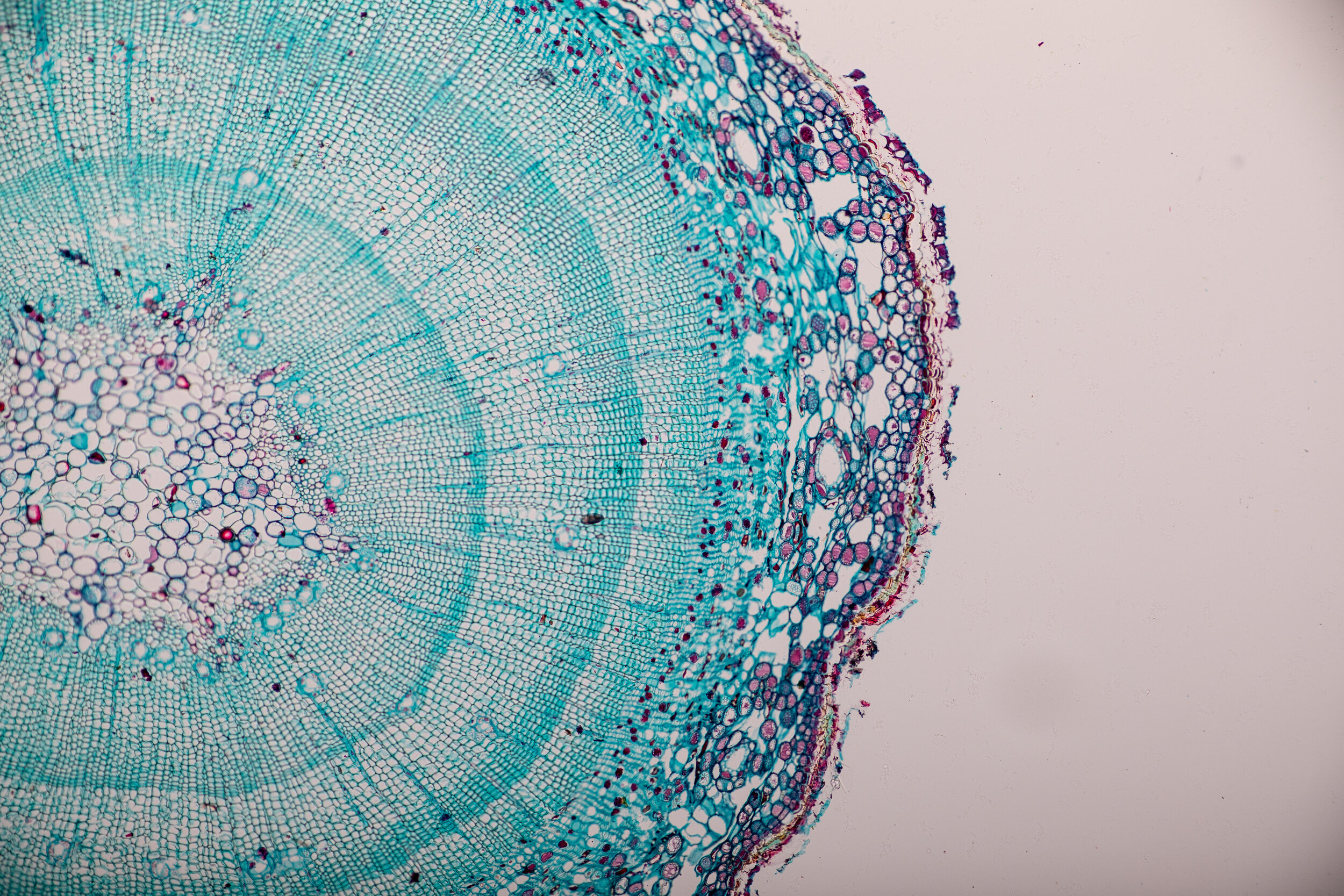
What is liver disease?
Liver disease refers to a range of issues that can affect the ability of the liver to process toxic substances and convert precursors into molecules the body needs to function. The liver can be affected by infections, autoimmune disorders, inherited conditions, and the ingestion of toxic substances. Whatever the cause, the condition is dire—human life depends on a functioning liver.
The state of the science.
Transplantation is often the only effective intervention for liver failure. The science of organ transplantation found its footing at UPMC in the 1980s under the direction of Dr. Thomas E. Starzl.
“Thanks to Dr. Starzl, one of transplantation’s greatest barriers, rejection, has been surmounted. But another barrier to transplantation remains—the chronic shortage of donor organs.
Each day, 17 Americans die while awaiting a donor organ. If solid organs from animals could be made compatible with humans, no one would die because a donor organ wasn't available in time. Over a decade ago, UPMC surgeons transplanted baboon livers into two patients who gained just a few extra weeks of life, but bravely transformed their terminal illnesses into medical advances. Lately, UPMC researchers have been creating genetically modified pigs with cells that are more compatible with the human immune system, so less likely to be rejected.”
-UPMC Starzl Transplantation Institute
“The Starzl transplant team has a tradition of caring for some of the most medically compromised patients. Nevertheless, the institute has maintained patient and graft survival rates that meet national benchmarks.”
— UPMC Starzl Transplantation Institute
